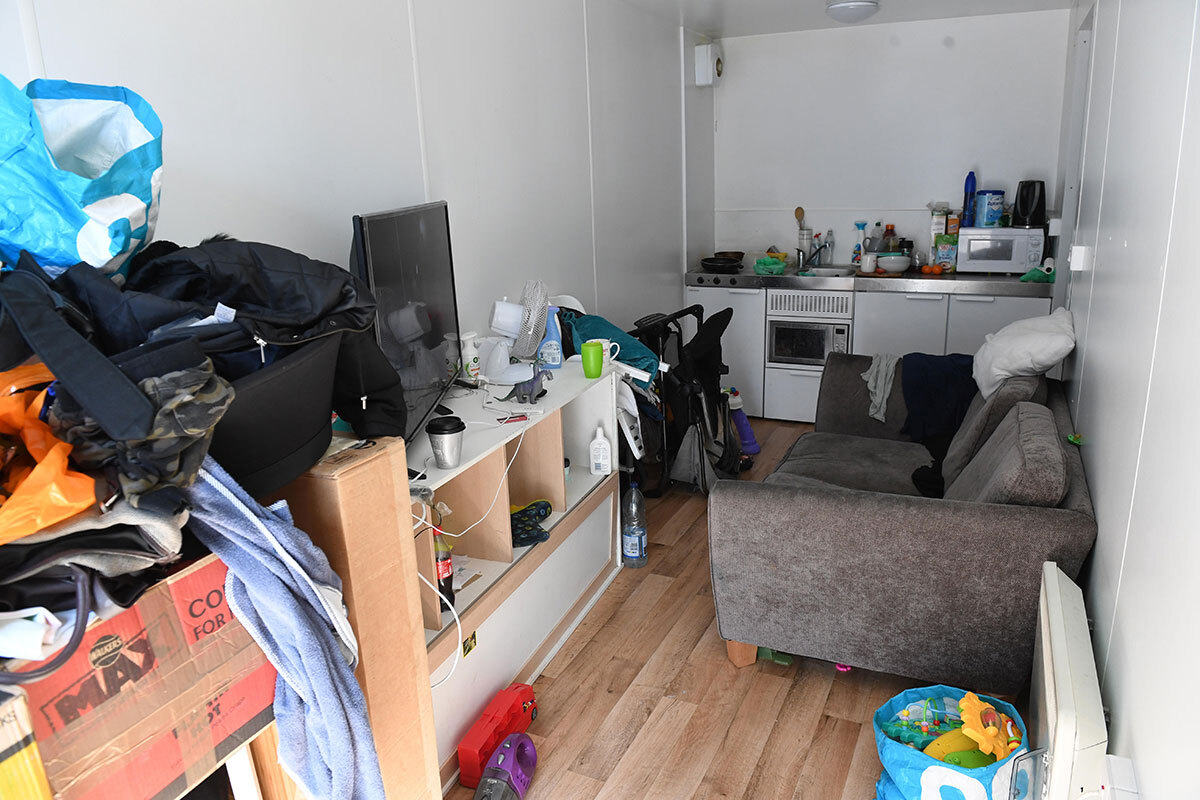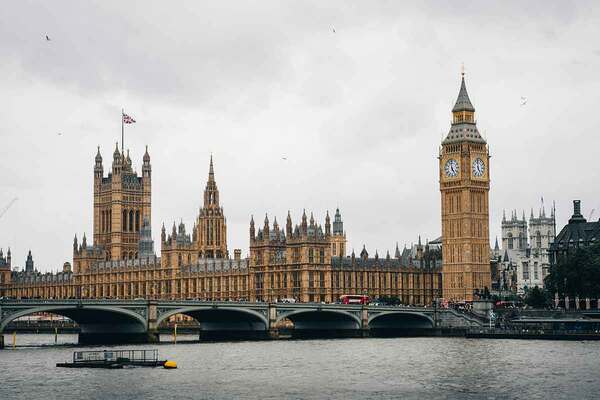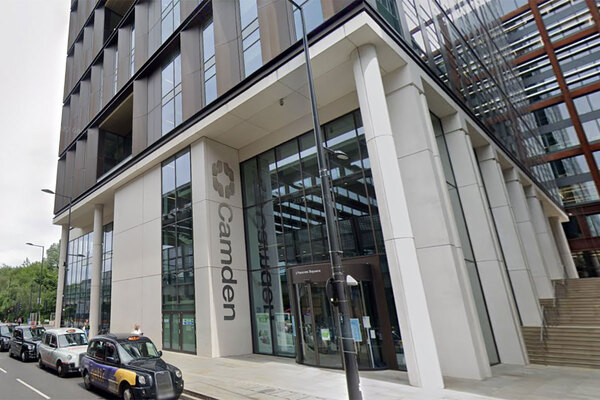Temporary accommodation bill rises again to £1.7bn
English councils’ spending on temporary accommodation rose by 9% last year to hit £1.7bn, the latest government data shows.
The figures, published today by the Department for Levelling Up, Housing and Communities (DLUHC), show £1.74bn was spent on accommodation, including properties leased by local authorities, hostels, refuges and B&Bs, between April 2022 and March this year.
Spending on temporary accommodation has risen by 62% in the past five years and a third of last year’s total bill – £565m – was spent on emergency B&Bs and hostels, considered to be the types of temporary accommodation with the poorest standards.
Homelessness is increasing in England. Figures published in July showed the number of people in temporary accommodation was at a record high.
The number of children in this situation is also at the highest level since records began in 2004, with 131,370 children in temporary accommodation as of the end of March.
Polly Neate, chief executive of Shelter, the charity, described the £1.7bn bill as “outrageous” and “illogical”.
“We simply can’t keep throwing money at grim B&Bs and hostels instead of focusing on helping families into a home. With a general election on the horizon, no one can afford to continue to ignore a crisis of this magnitude.”
Ms Neate linked the high temporary accommodation rates to the government’s decision to freeze housing benefit at 2020 rates.
“As an immediate solution, it’s vital the government uses the Autumn Statement to unfreeze housing benefit so it does what it’s meant to do: stop people on low incomes from becoming homeless.
“However, the only lasting solution to the housing emergency is to invest in genuinely affordable social homes, with rents tied to local incomes,” Ms Neate added.
The growing temporary accommodation bill is putting local authorities’ budgets under strain. Hastings on the East Sussex coast recently faced bankruptcy, partly due to its large expenditure on temporary accommodation, which had risen to £5.6m per year, compared with £730,000 in 2019.
In the capital, a new report by London Councils found boroughs will need to make over £500m of savings next year to balance their budgets, as they expect to overspend on temporary accommodation by £90m this year.
John Glenton, executive director of care and support at Riverside, the housing provider, described the situation as a “growing humanitarian crisis in England”, pointing out that spending on temporary accommodation had more than doubled in eight years.
“While we have only seen a small increase in overall spending on temporary accommodation, we have seen spending on B&Bs rise by almost a third (31%) year on year, despite the problems that living in single-room accommodation can cause for families.”
Calling for more investment in new social housing, homelessness prevention and tenancy sustainment, Mr Glenton added: “We want the government to apply this logic of long-term decision-making to the housing and homelessness crisis we now face.”
The DLUHC has been asked for a response to the latest figures.
Sign up for our daily newsletter
Already have an account? Click here to manage your newsletters












